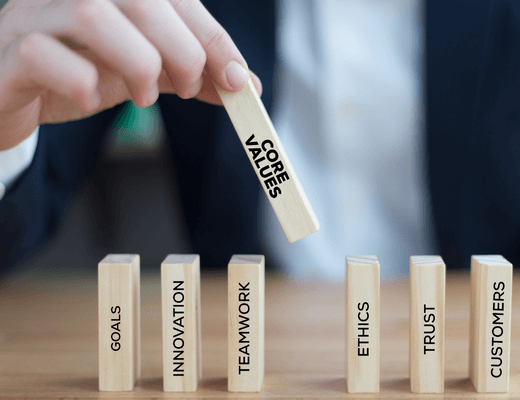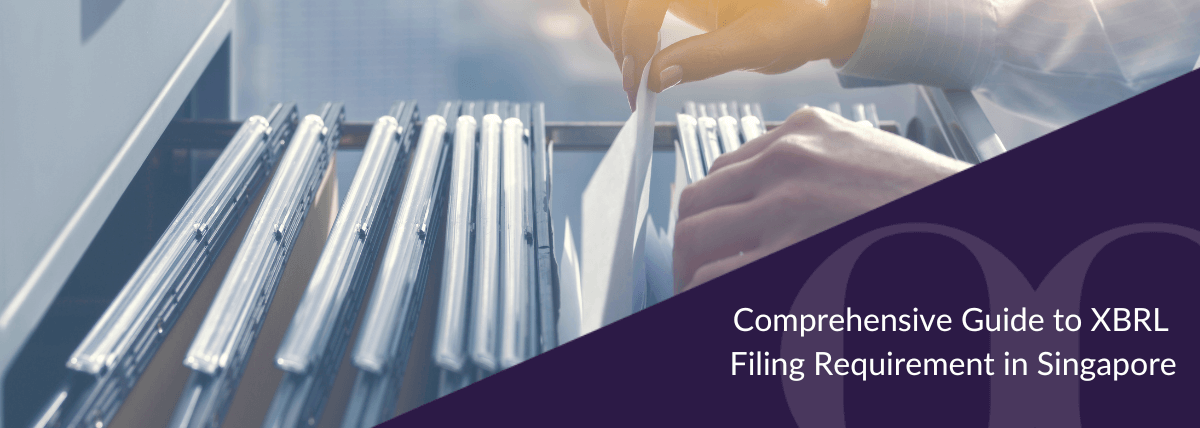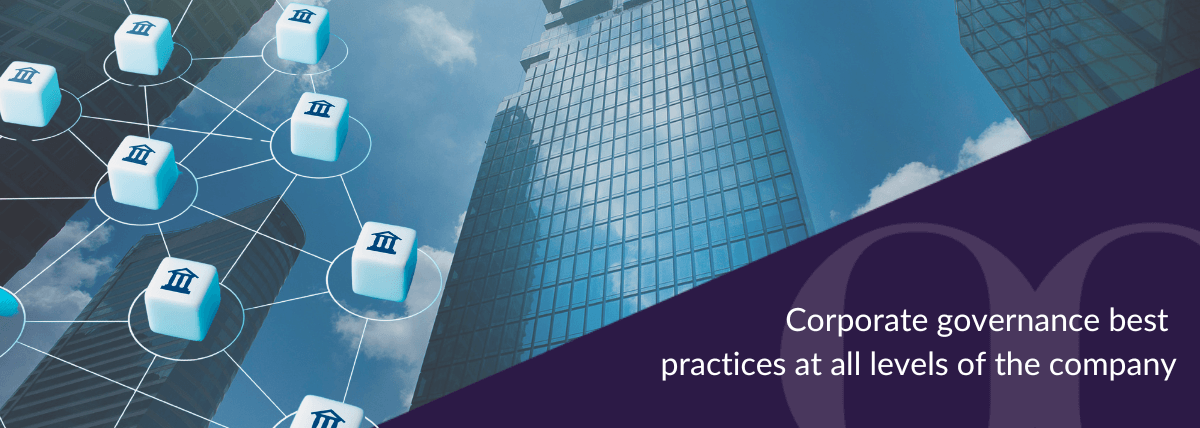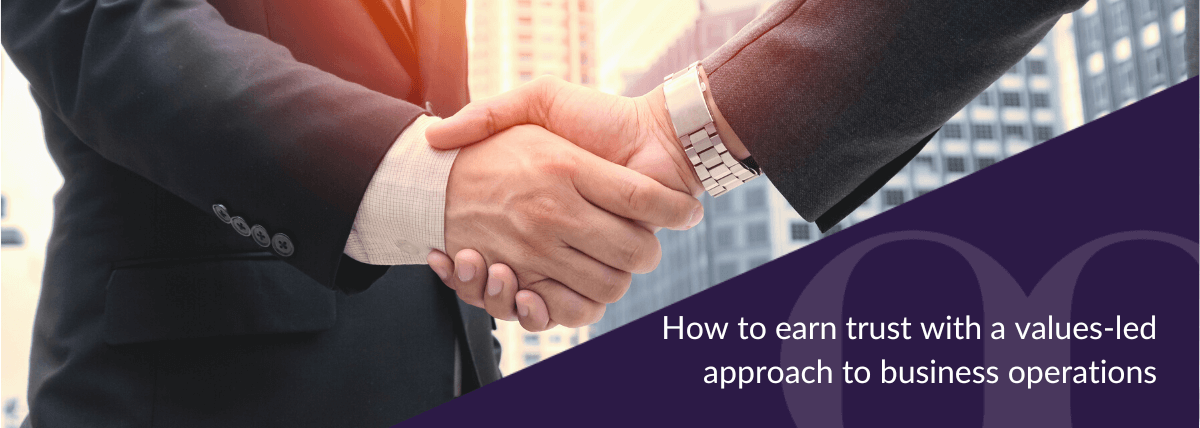Asia-Pacific organisations are taking a values-led approach to business operations in 2022, winning trust from customers, employees and business partners and gaining a clear competitive advantage.
Trust is a modern imperative for business success, but it’s notoriously hard to build, especially in times of uncertainty. In 2022, businesses worldwide entered a new era of unpredictability as they entered the third year of a global pandemic. During this time, they also had to navigate major economic changes, geopolitical instability and climate emergencies.
Amid this confluence of crises, trust matters more than ever.
People are looking to do business with companies they trust and whose purpose aligns with their own beliefs. An Accenture study found that 62% of consumers are looking for organisations to take a stand on issues such as sustainability, transparency or fair employment practices. The closer those values align to their own, the better.
Having a clear set of values and demonstrating those values in your day-to-day business operations can create a powerful competitive advantage for your business. Those who focus on strong values enjoy more engaged employees, stronger business partnerships and loyal customers.
Leading with values will lead to sales
Corporate values can seem like a vague or un-quantifiable concept, but they can be more powerful (and more measurable) than you may realise.
Research shows organisations that take a values-led approach to business operations gain a clear competitive advantage. According to Forrester, 23% of online adults in Singapore have tried a new brand because they believe in the values the brand stands for.
The reverse is true too. A recent study from Adobe found that 66% of APAC consumers refuse to purchase from brands that violate their trust. Trust, once broken, rarely leads to repeat customers.
What are core values?
Having a core set of corporate values can help clarify where you stand as an organisation and attract the kind of customers, employees and business partners you want to work with.
Each organisation will have a different definition of corporate values, but, broadly speaking, they are deeply ingrained principles that guide all of a company’s actions; they set the tone for the organisation and shape its culture, operations and activities.
Core values can also be described as a company’s purpose, something that McKinsey & Company described as being “key to resilience and success in the post-pandemic future”.
In a study of 200 successful organisations in Asia-Pacific, 80% had a clearly articulated company purpose and felt this was crucial to the development of their business.
Whether you call it corporate values, core principles or your company’s purpose, the most important thing is to go beyond the words.

Take action on your values to drive trust
It’s not enough to simply state your corporate values on your website or display them in your staff kitchen. People will quickly see through this as a corporate PR move.
You must give your core values meaning by embedding them into your day-to-day business operations.
For organisations with small set-up and simple business operations, aligning your values to build trust with customers can be a simple endeavour. However, for organisations with large operations, complex hierarchies or offices across different countries within Asia-Pacific, it’s a lot more difficult.
Here are some examples of best practices in business trust-building.
Understand your stakeholders' values
Although the pandemic has had a profound impact, it’s also given us the chance to step back and gain a deeper understanding of what our stakeholders value.
- What do your customers value? Do they care about social justice, environmental causes, data protection or something else entirely? What type of brands do they want to support?
- What kind of company do your employees want to work for? What does working for your company say about them and their professional brand?
- What kind of company do your business partners want to align with? Will your values create a positive or negative reflection on their brand?
Assess your trustworthiness
Once you have a clear idea of what values your customers, employees and business partners are looking to align with, look inside your own organisation to assess how well your people engender trust.
A 2020 Deloitte survey pinpointed four critical contributors to trust.
- Humanity: Does your organisation genuinely care for the experiences and wellbeing of others?
- Transparency: Does your organisation openly share information, motives and choices in plain language?
- Capability: Does your organisation possess the means to meet expectations?
- Reliability: Does your organisation consistently and dependably deliver upon promises made?
To gauge your trustworthiness, Deloitte recommends asking your customers, employees and business partners directly how well your organisation meets expectations in each of these areas.

Coordinate trust efforts across functions
Alignment between different business functions is key to building trust within your organisation. When working on trust-building efforts, you’ll need efficient coordination between business units such as product development, HR, marketing and IT.
As with any company-wide endeavour, gaining support from the executive team is crucial to the success of projects like this. Involving them early and often can help bolster the success of your trust-building efforts.
Building trust across borders
Understanding how trust is defined and built is key to gaining a competitive advantage. The problem is that not everyone defines trust in the same way.
For example, while North American and European cultures tend to correlate openness with trust, leaders in Asia-Pacific put more weight on reputation and competency when assessing trustworthiness.
Businesses looking to set up in the Asia-Pacific region need to understand these cultural subtleties. It’s an important first step in creating strong bonds with customers, employees and business partners.
Partnering with a corporate advisory firm that understands these regional subtleties is a smart move, especially if you don’t have people within your organisation who can help you navigate these complexities.
BoardRoom has an extensive network of professionals with the right expertise to help you understand the market. It simplifies business across the Asia-Pacific region and, most importantly, helps you comply with local laws and stay in tune with your company values. You can find us in:
- Singapore
- Australia
- China
- Hong Kong
- Malaysia.

Is it time to redefine your corporate values?
Forrester believes that trusted organisations will be the ones that succeed in the 2020s. They’re confident that trusted organisations will build unbreakable bonds with customers, attract the most dedicated talent and create hard-to-copy engagement models with partners and emerging technologies. And that this concept is something people will actually embrace instead of fear.
However, this sort of task takes a lot of introspection and requires input and coordination from many business functions. Implementing any change or business transformation requires an in-depth understanding of how your team operates, and what support you need to provide to ensure proficiency and adaptability throughout the process.
It could be one of the most important things you do this year, but it’s not important enough to let your business operations fall by the wayside.
Let BoardRoom take care of your day-to-day corporate services so you can focus on building long-term strategies to build trust. Whether it’s outsourcing your payroll or having a trustworthy partner to take care of your tax, we can help.
Take a look at our comprehensive suite of services online:
- Payroll
- Accounting
- Tax
- Corporate Secretarial
- Company Incorporation
- Share Registry Services
- Employee Stock Option Plans
- ESG Access reporting software.
Get in touch to find out more about how we can help your organisation.
Related Business Insights
-

08 Jul 2024
Your Guide to Corporate Tax Filing in Singapore
Learn to navigate corporate tax filing in Singapore effectively and ensure timely, compliant submissions with our c …
READ MORE -

14 Jun 2024
Comprehensive Guide to XBRL Filing Requirement in Singapore
Explore the essentials of XBRL filing in Singapore, covering mandatory requirements, benefits, preparation steps, a …
READ MORE -

11 Jun 2024
Corporate governance best practices at all levels of the company
Corporate governance goes beyond compliance, shaping the fabric of an organisation. Discover the corporate governan …
READ MORE

